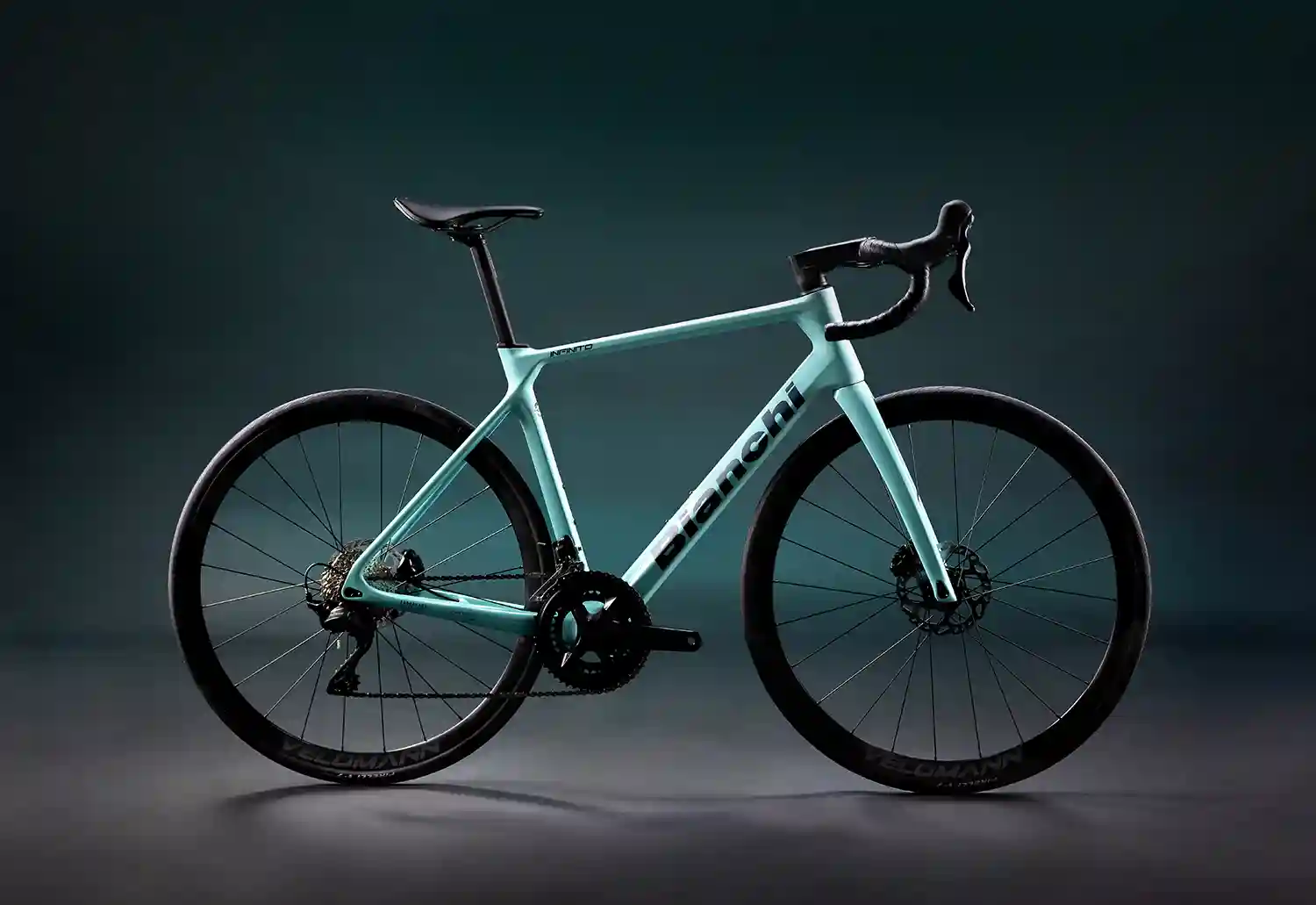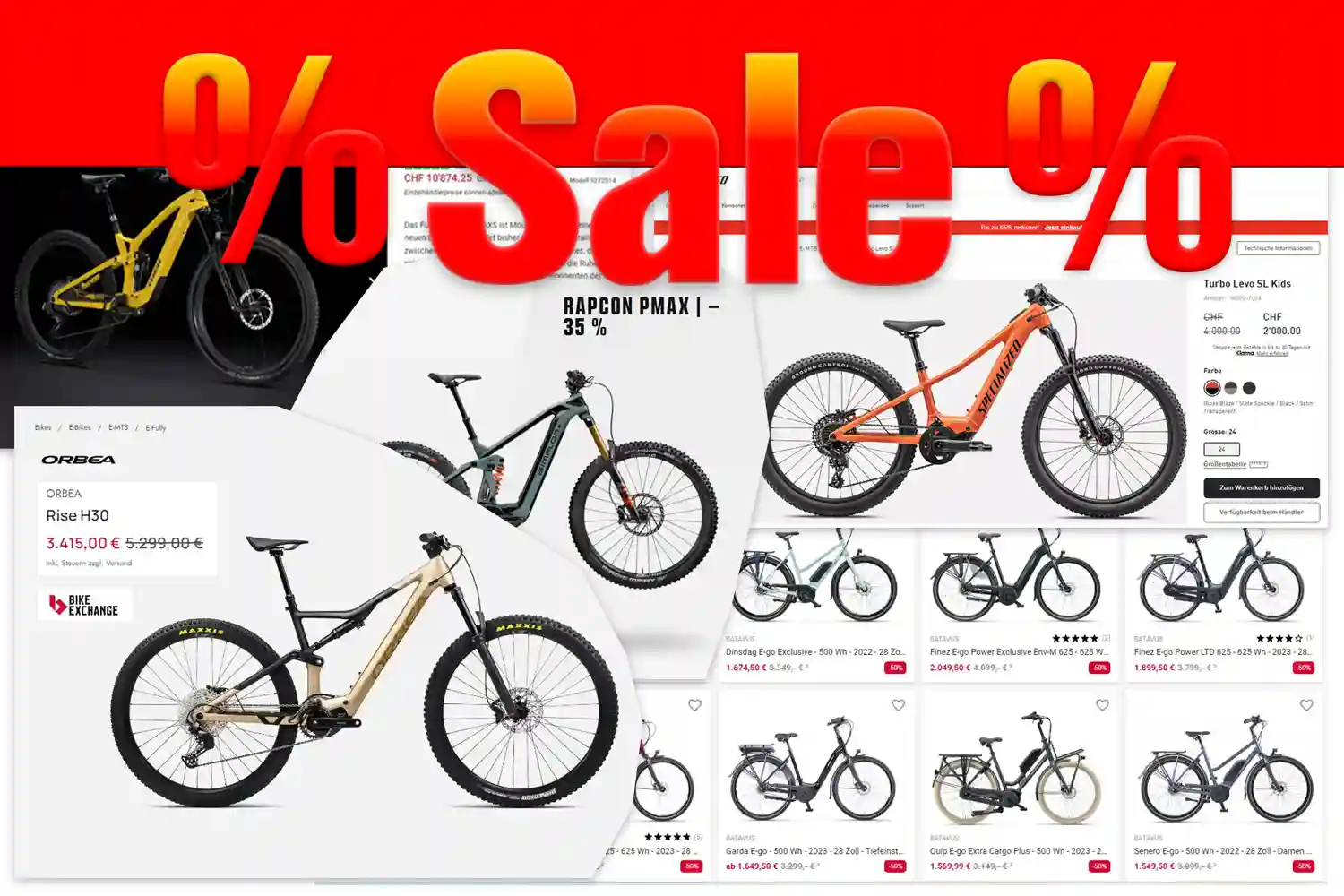Rarely has it sounded so bad in the two-wheeler industry. Only those who offer distinctly unique vehicles, operate with top prices or celebrate their own lifestyle can consider themselves lucky at the moment. Everyone else is cursing the decline in sales and seriously wondering whether there will be any noticeable improvement in sight in the near future.
by Rolf Fleckenstein
Since the beginning of the year, the importers of the two-wheeler industry have been in my ears, whining about how bad business has become and how sluggish it is overall. There is always complaining, even at a high level, but I have never experienced it as bad as this year. And then in 2013 there was an everlasting spring, cold and rainy, which did not make you want to ride your bike, and which made business even worse. That makes you a little worried, what does this mean for the coming years?
The statistics prove the decline
For years, the importers of bicycles have been troubled by the strong Swiss franc and the poor euro exchange rate, which has swallowed up margins and forced importers to adjust prices downward in response to euro shopping tourism. This has already brought consumers better prices. Now the bad spring has left its mark. All in all, motorcycle sales fell by around 9% between January and June 2013. For bicycles, it can be assumed that it looks at least about the same (There are no official vehicle registrations for bicycles, these are collected by the association once a year, so there are currently no figures available for bicycles). From dealers and importers we know that there are brands that have increased, but these are already afraid of the coming year and those that have already suffered badly in 2013 from the decreased buying mood among two-wheeler consumers. Two-wheeler just means "outdoor". You are exposed to the weather relatively unprotected. If that doesn't happen, the industry logically sells fewer vehicles. It's the same with skis. No snow means no winter sales. Roland Fuchs of the Swiss Bicycle Research Center says that such declines have been observed time and again in the past, but that they are made up for in the following year. What was noticeable this year, however, were the weaker sales of accessories, services, etc., with which the dealers make a large part of their turnover. The summer is all the more glorious for it in 2013, but what it can make up for in lost sales is still open.
Segmentation of customers
The increase of discounters has also changed the market a lot in recent years. For years, outlets and discounters have been increasing in the sports and bicycle sectors. Roland Fuchs notes that for a good 5-8 years, one has observed that two customer groups are developing: The one are thrifty, buy almost exclusively by price and choose the discounter. The others are looking for quality and good advice and find this in specialist stores. And there are also customer segments that are still being dealt with far too little, because the bicycle as a product also has a different status today than it used to. Today, for many people, a bicycle is a lifestyle article that is used to have fun in life. That didn't exist in the past. These are also opportunities for retailers that are far too rarely seized. Overall, the development is beneficial for customers: Prices are falling and the variety of products and suppliers is growing. The suppliers who are cursing are those who are suffering from the reluctance to buy, and there were many of them in the first half of the year.
Via Sicura: Fear of next sales slump
In order to increase road safety in Switzerland, the Federal Council put the first measures into force on January 1, 2013, including the measures against speeders. Speeders are defined as those who drive at 40 km/h in 30 km/h zones, 50 km/h in urban areas (50 km/h), 60 km/h in extra-urban areas (80 km/h) and 80 km/h on freeways (120 km/h). Such delinquents will now be punished more severely. The vehicles can be seized by the police and 1-4 years in prison are on the program. There are therefore justified fears that in the future, especially in the sale of sporty motorcycles greater losses threaten.
Overall, one has to hope for the industry that the weather and the buying mood will pick up again. But those who are prepared for the crisis to continue and who rethink and adapt their strategies probably have a better chance of succeeding in the two-wheeler sector in the future.




